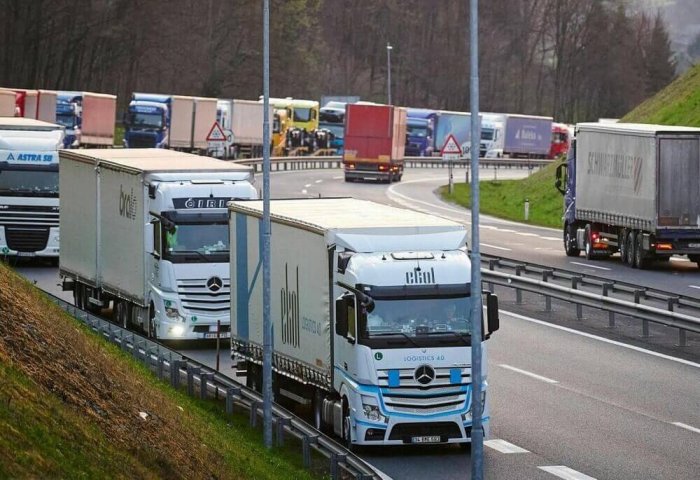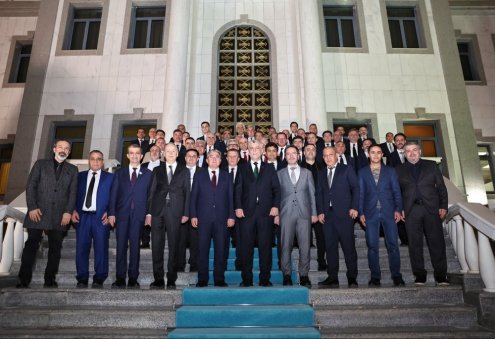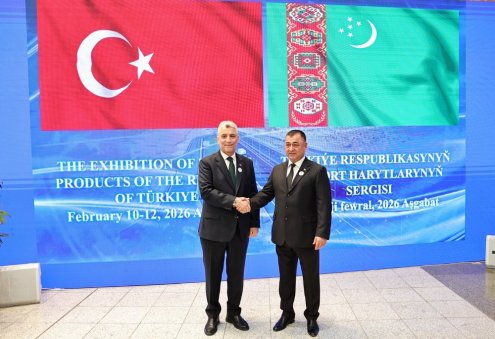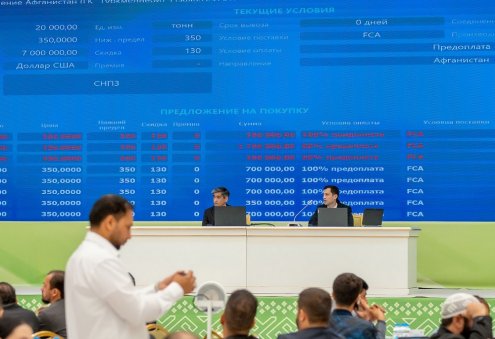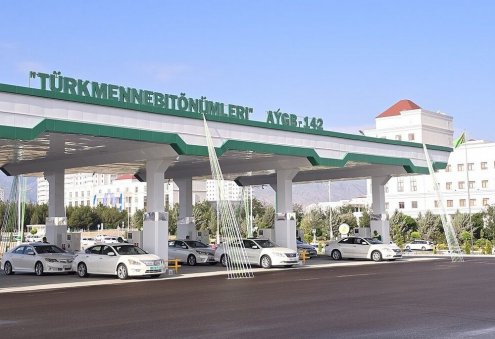Azerbaijan and Turkmenistan have acceded to the e-CMR, committing to fully paperless goods transport and reinforcing their transition from landlocked to landlinked countries, IRU announced on Monday.
The two countries at the heart of east-west and north-south trade, have acceded to the e-CMR protocol, which will further digitalise goods transport, boosting trade and connectivity.
By eliminating paperwork, e-CMR lowers handling costs, eliminates administrative and invoicing delays, and reduces discrepancies at delivery sites. The protocol also enhances transparency and security across the entire logistics chain, providing more accurate data to trace shipments with real-time access to pick-up and delivery information.
Given that e-CMR is digital, transport companies can easily integrate it with other services.
In place since 2008, the digital version of the United Nations convention for the carriage of goods (the CMR Convention) has been ratified by 34 countries so far.
Accession to the e-CMR will help Azerbaijan and Turkmenistan, two regional transit hubs, to effectively manage the growing flow of goods and transit along evolving routes.
According to the report, Turkmenistan’s accession to the e-CMR protocol follows the reopening of its borders for transit and bilateral transport in November 2022, which further raised the country’s importance as a key transit artery connecting east and west and north and south.
On 2 February 2023, the Organization of Turkic States, IRU, and the United Nations Economic Commission for Europe will host a virtual workshop on the CMR convention and e-CMR in the region.

